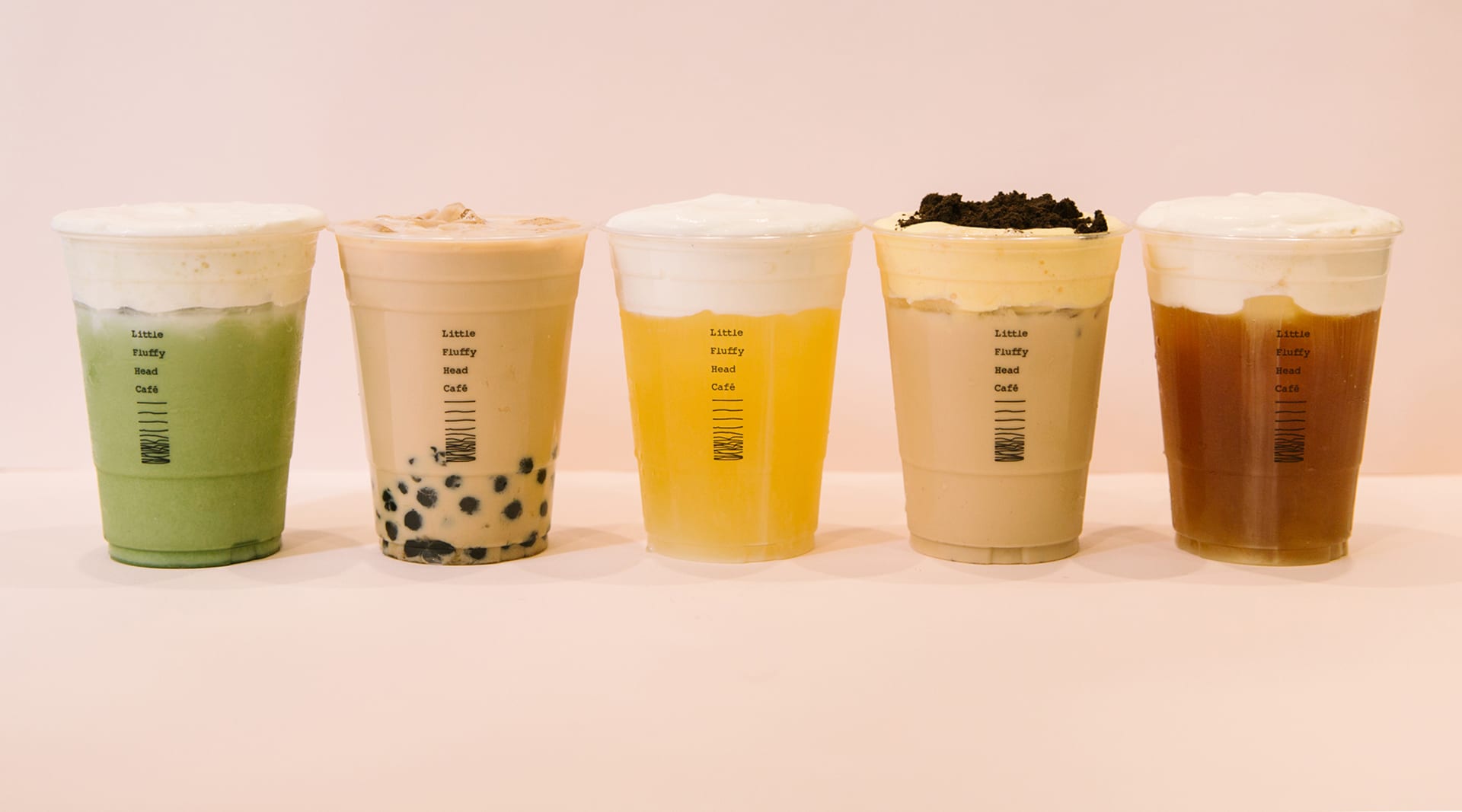Tea has come a long way from its traditional roots in Asia and its previous status as the token iced drink at a backyard barbecue. The versatile beverage has been thriving, thanks to a new generation of marketing-savvy brands targeting millennials with product innovations and colorful reasons to fill their Instagram feeds. It’s also gaining a renewed appreciation for its health benefits and its vast potential for flavor pairings, boosting its cool factor to a level enjoyed by coffee and wine. Here are some of the biggest trends in the industry this year.
Millennials are turning the ancient beverage on its head—and crème brûlée and cream cheese toppings are just the beginning.
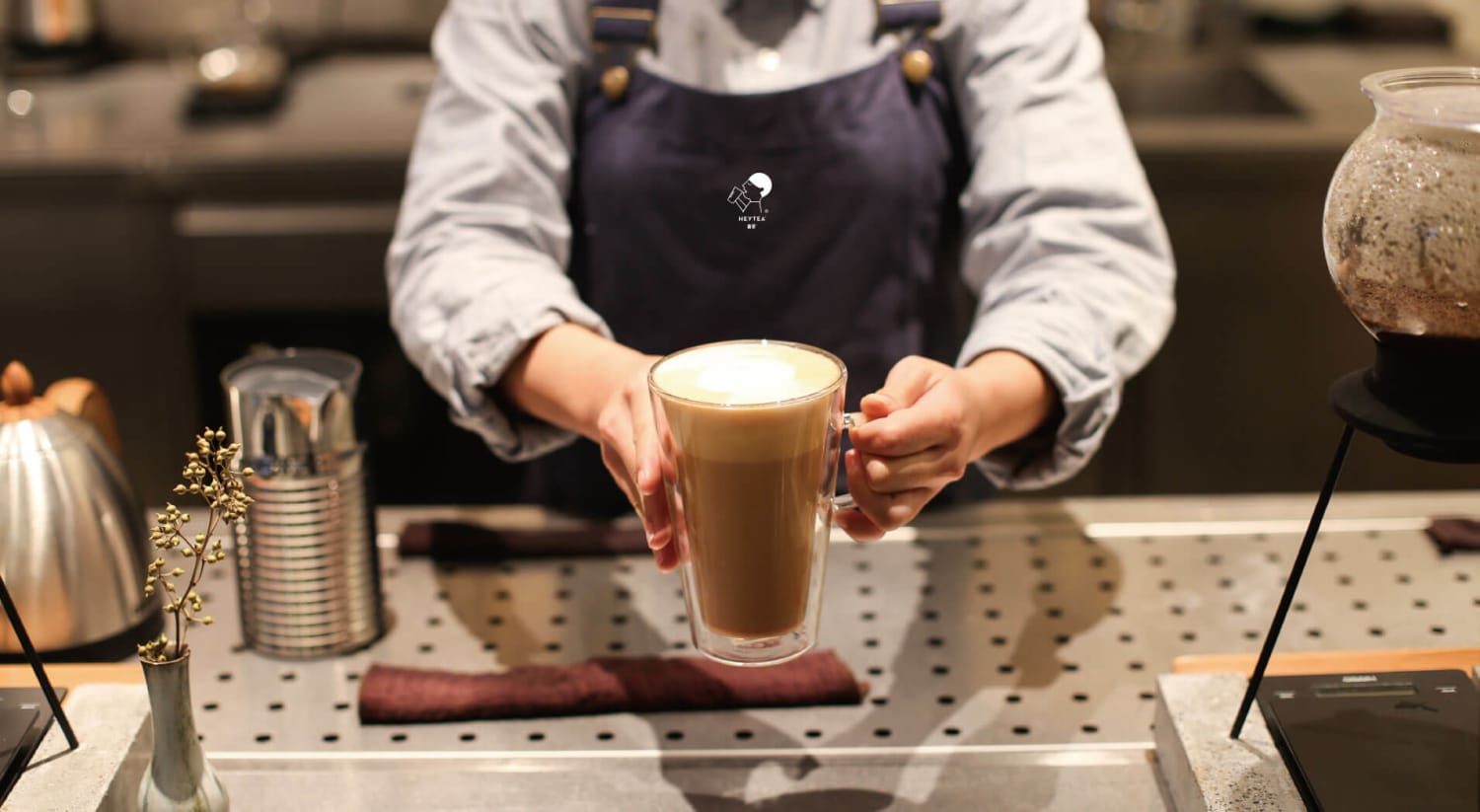
In China, Tea Gets Hip
China, the world’s largest exporter of tea, is going through a cultural shift. No longer is tea simply the beverage your parents drank, thanks to pioneers such as HeyTea, the Guangdong-founded brand that has inspired the cheese tea phenomenon which is gripping consumers both in China and on America’s coasts. Last year, Shanghai saw the world’s biggest Starbucks roastery open its doors, reflecting a craft coffee craze among urban, globally minded youth. HeyTea was hot on its heels, with a similar branding and marketing style targeted at China’s social media-savvy millennials.

“Businesses in China have only started realizing the power of millennials in the last year or two. No one else in the industry before HeyTea had done this kind of marketing,” Jenny Zheng, founder of Little Fluffy Head, a cheese tea pioneer based in Los Angeles, tells JWT Intelligence.
More opportunists are opening boutique tea brands in Chinese shopping malls, offering the characteristics young people care about: Instagram-friendly interior design, natural ingredients, fun branding, and an ability to stir up hype—the queue at HeyTea’s Beijing location never seems to get any shorter.
Mass-market imported tea brands that have been established in China for many years are also jumping on the millennial strategy. Lipton, for example, recently collaborated with independent Chinese fashion designer Angel Chen for a streetwear-inspired fashion line that was spread on social media with the help of a local A-list celebrity.
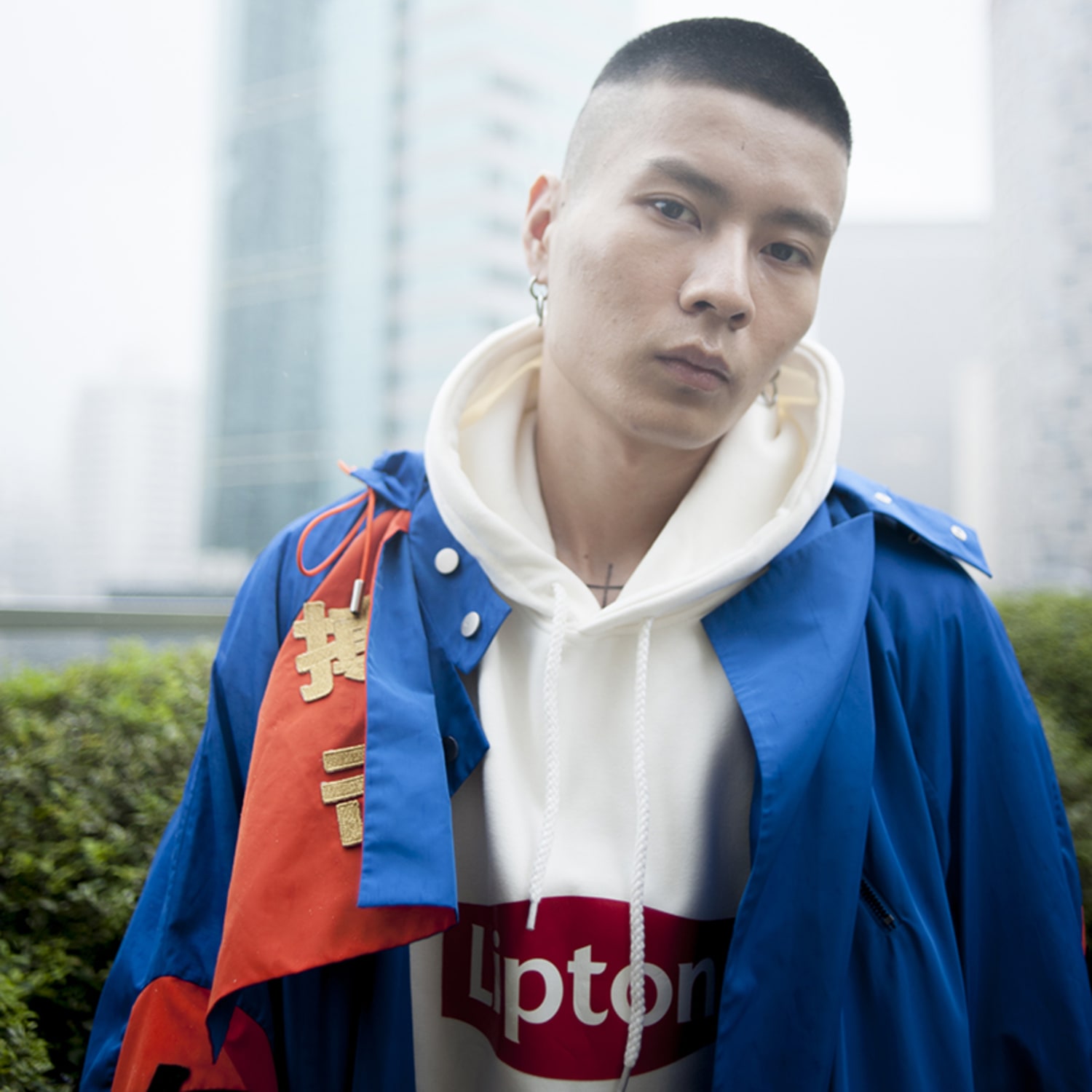
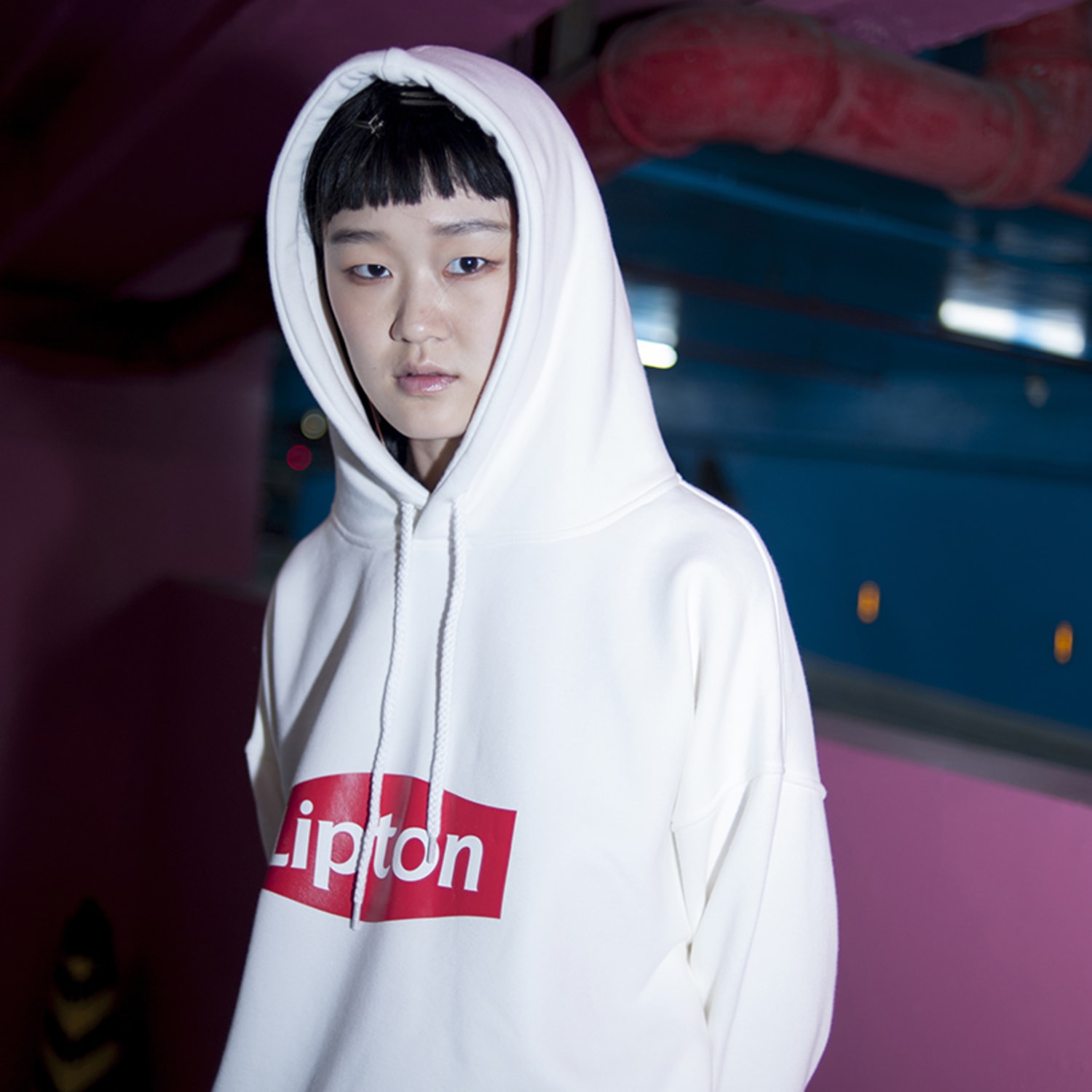
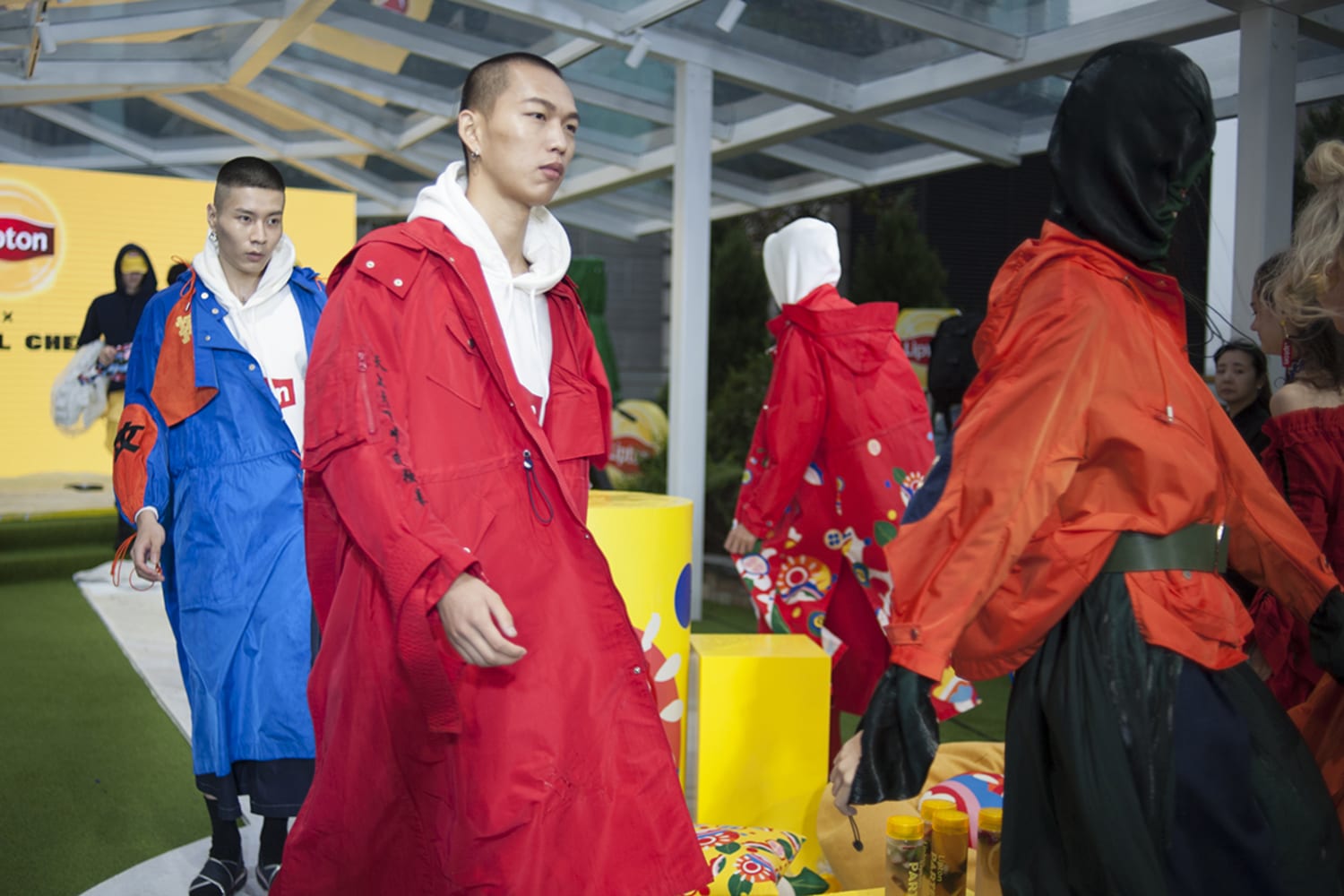
Cheese Tea Experimentalists
Millennial-focused branding and the promise of high-quality ingredients have helped transform bubble tea culture in the United States, led by startups such as Boba Guys in California and New York. There’s also the cheese tea craze, which hit the United States in the middle of last year and operates by the same principles. Zheng says there’s still much work to be done to explain to her Western customers what the odd-sounding flavor is all about, which is why the brand is getting experimental with its toppings—its crème brûlée with crushed Oreo topping is sweeter than its other cream and cheddar cheese offerings and tends to be the most popular.
“To most Americans, this is a very new concept,” she says. “It doesn’t sound good, so it’s hard in the first place if we want to enter this market.”
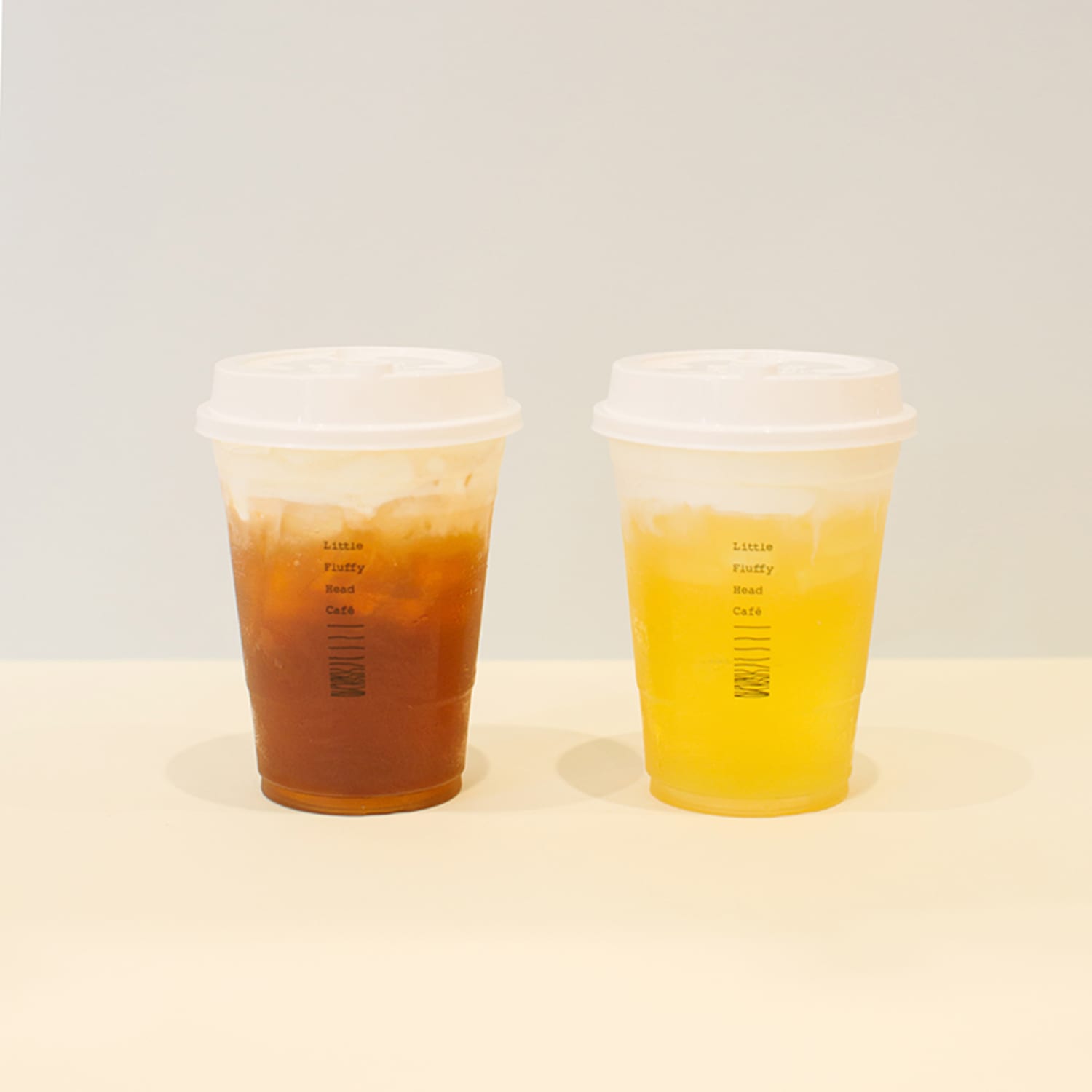
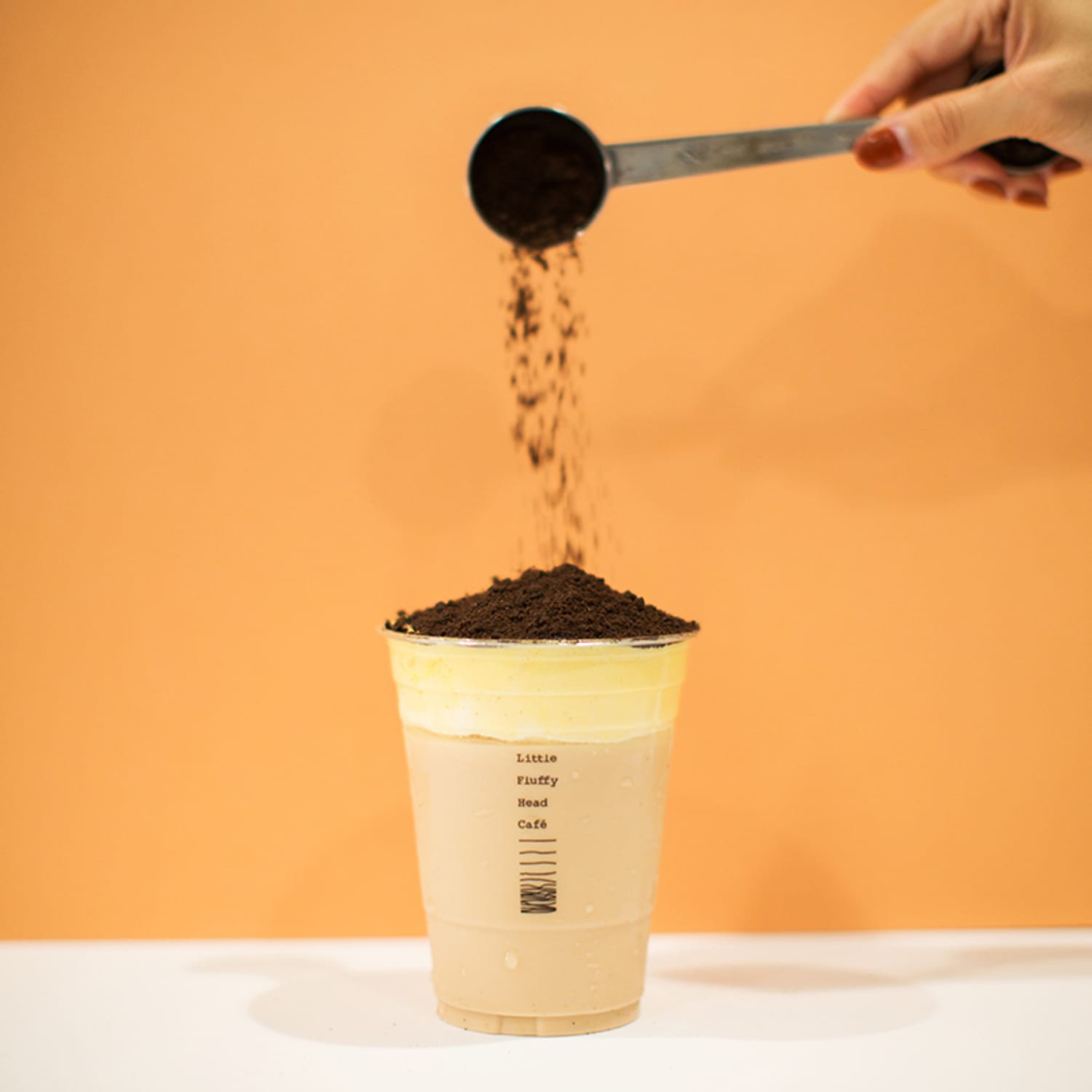
Besides cheese, high-quality alternatives to whole milk and milk powder are also prevalent, with products such as oat milk by Oatly hitting shops in the United States thanks to the introduction by San Francisco’s Boba Guys. Options like organic and vegan milk are also being introduced in the milk tea arena.
Tea and Tech
No longer is the tea bag the final word. Not only is it environmentally unfriendly—Co-op Food in the United Kingdom is set to launch plastic-free tea sachets in 2018—but it also has its limitations. This year, smart kitchen startups are promising to bring consumers appliances that brew the perfect cup of tea, all with the convenience of an app and an algorithm. One active company on the scene is Teamosa, which was launched on Kickstarter towards the end of 2017 and boasts the ability to “customize the strength and flavor with every brew—ensuring each and every cup is crafted to perfection.” It’s worth noting that one of its only competitors, US-based Teforia, folded at the end of last year shortly after gaining press attention for its $400 smart tea infuser. Teforia admitted that it didn’t have the funds to properly “educate the market,” so time alone will tell whether these gadgets will really take off.
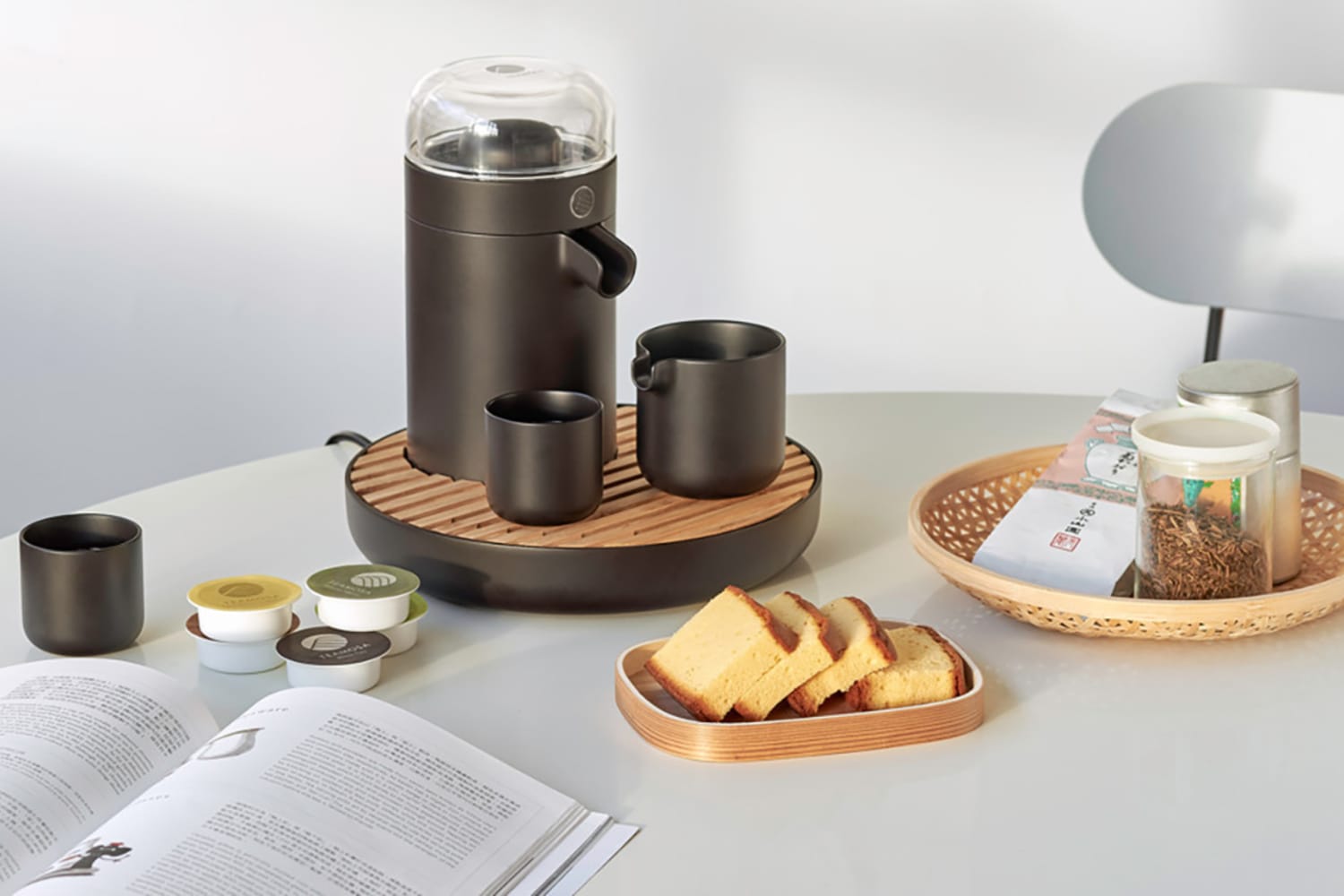
Functionali-tea
Health and wellness have an ongoing role in shaking up the tea industry, and kombucha is a particular standout this year, as some beverage brands get more creative with the fermented drink and others take it more mainstream. In China, Martin Papp, founder of Beijing-based Papp’s Tea, has been promoting his line of raw kombucha as not only a healthy alternative to alcohol, but also a tasty mixer in alcohol, with cocktails such as kombucha tequila, which features a touch of lemon juice, red dates (a traditional Chinese medicine favorite) and osmanthus.
Papp says that globally, people turn to kombucha as a soda alternative, as it has fewer calories and sugars and is brimming with probiotics. “In China, as consumers upgrade to higher quality and healthier products, so will the revelation as to how unhealthy the super-sugary cheese cream teas are,” he says.
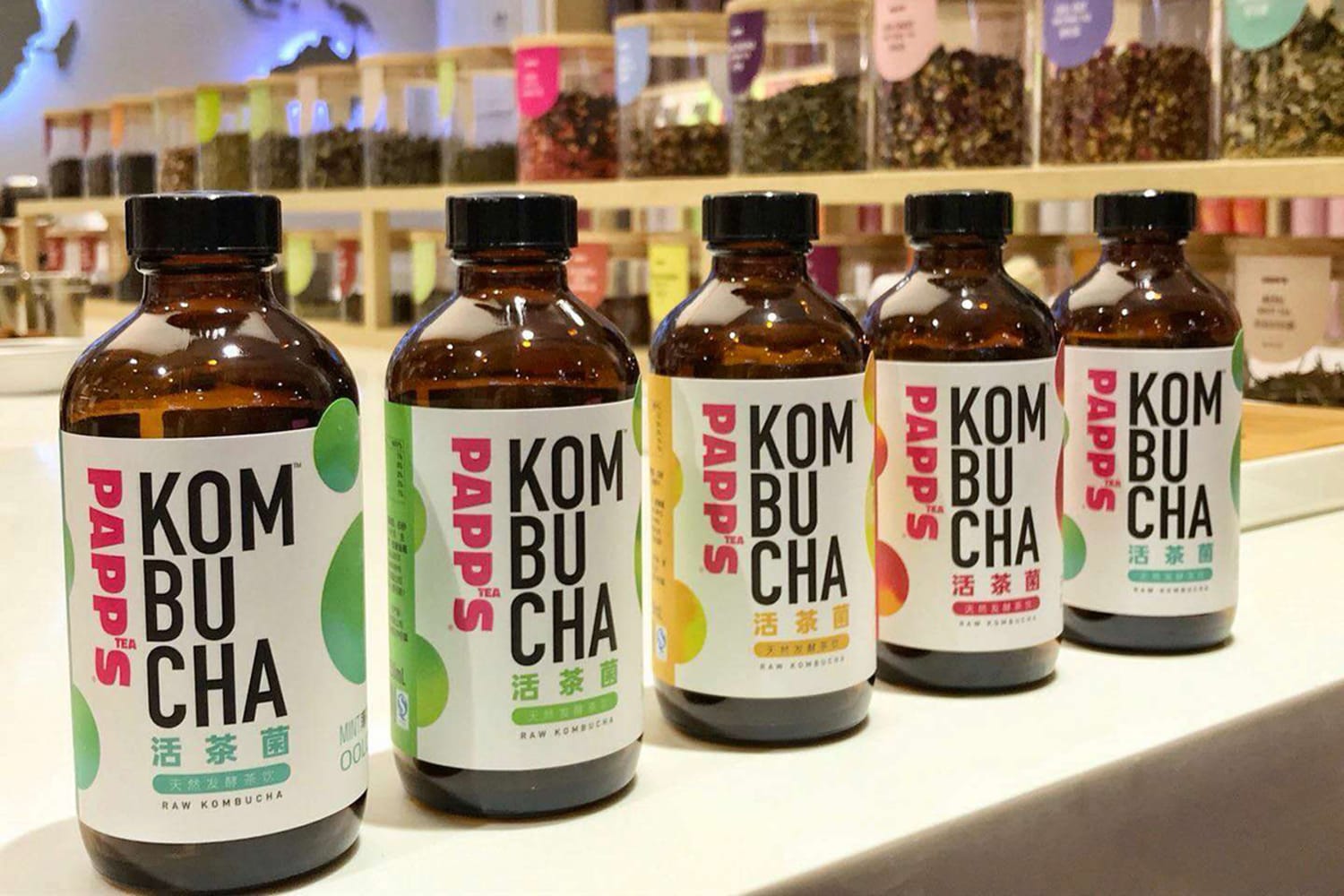
Other trends in this area include the use of botanicals and herbs that have wellness benefits, either because they simply create a more interesting alternative to drinking alcohol in cocktails or because they are active ingredients in themselves. Highlights are turmeric, which is anti-inflammatory; rose hips, which are full of vitamin C; and earthy matcha, which has been steadily growing in popularity in the last three years, according to Google’s 2017 beverage trend report. Tea Bar in Portland, Oregon, which is opening its fourth location this year, is using all three ingredients, taking care to source them from family farms and serving them ground in-house or whisked fresh to order.
Pure techniques
Cold-pressed juice and cold-brew coffee are now pretty common, and this technique is moving to tea, which is wooing drinkers for its smoother taste. Not only is it available in the ready-to-drink sector, but distributors such as New York City-based Joyride Coffee are experimenting with processes and flavors. Joyride Coffee is introducing cold-brew teas and nitro-infused teas to its keg line-up this year and claiming to be the first to try out the method with popular matcha tea. While brands such as Boba Guys introduced nitro teas some years back, specialty tea buyer Danielle Hochstetter tells World of Tea that nitro varieties will likely continue to gain momentum across tea boutiques.
Please provide your contact information to continue.
Related Content

Ford Ranger Ranger Campaign

